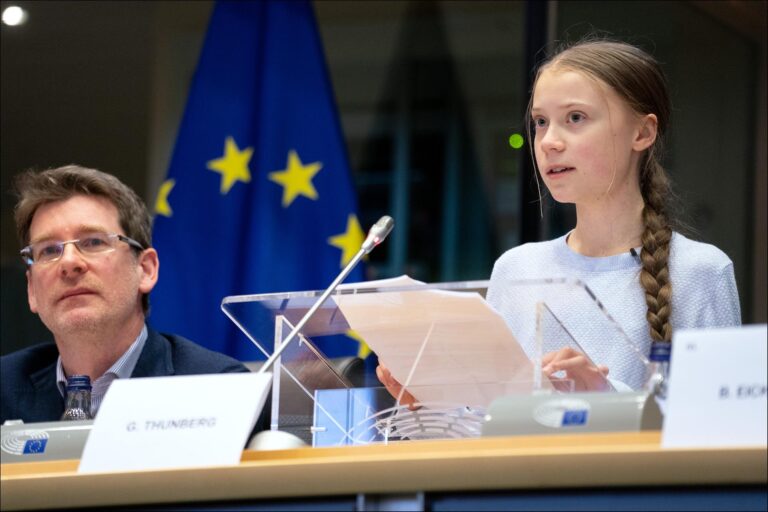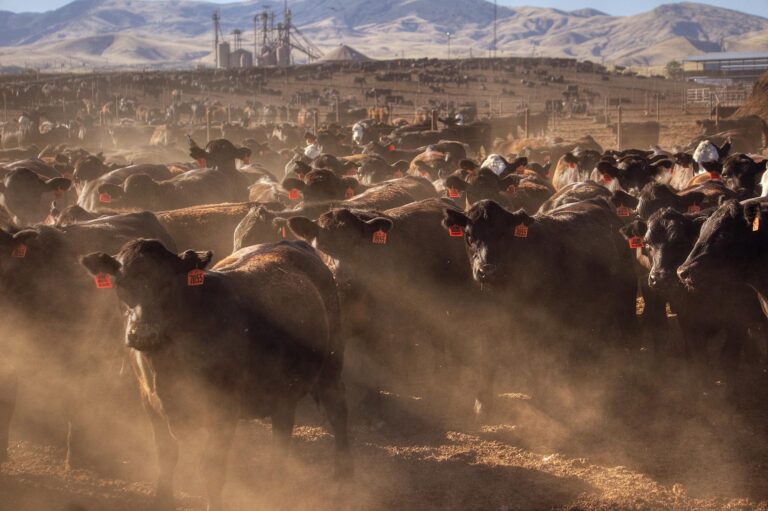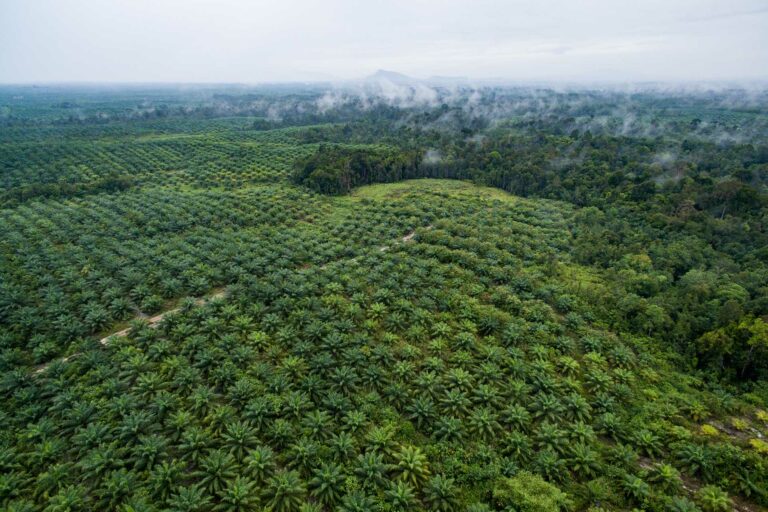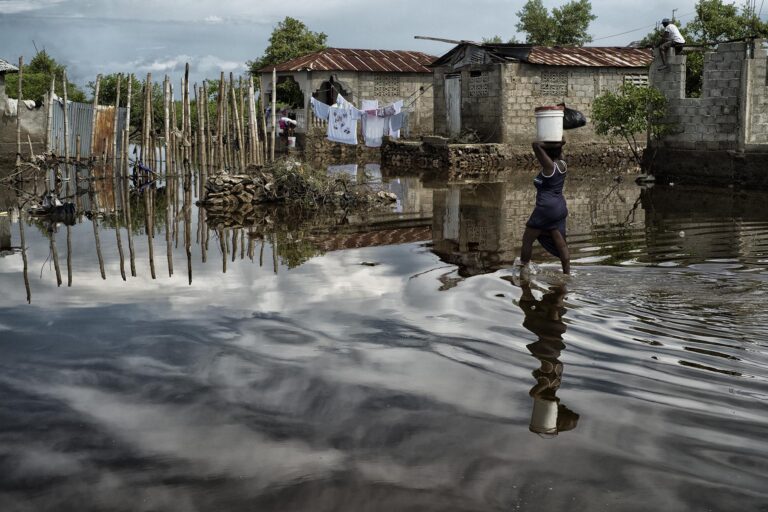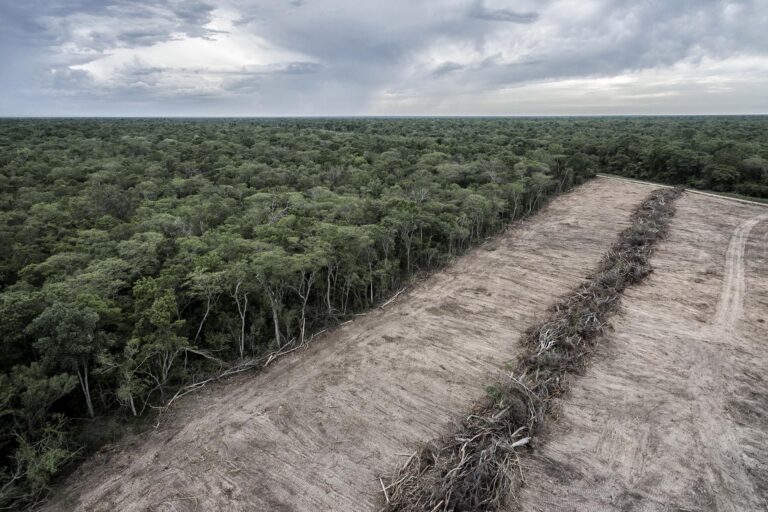The right to participate in public affairs in combatting climate change is critical.
One of the most urgent challenges for global efforts to address the climate crisis is ending the destruction of the world’s forests which are critical carbon reserves that are being razed at alarming rates to sell timber and make way for farming and livestock grazing.
Clear-cutting of trees for commercial-scale agricultural expansion is the single largest driver of deforestation worldwide. Timber and agricultural produce from deforested land is often sold for export from countries such as Brazil, Indonesia, and the Democratic Republic of Congo to China, Japan, the U.S., European, and other major markets.
While much of this deforestation is illegal, it continues largely unabated, often because of the lack of the rule of law and corruption that allows those seeking profits to ignore environmental regulations and—in many places—use violence and intimidation to silence the local residents and activists who attempt to stop them.
More than 140 countries have committed to ending deforestation by 2030. An increasing number of corporations have made commitments to ensuring the “sustainability” of their supply chains, including by eliminating products linked to deforestation and to the sort of violence and abuse that help perpetuate it. So far, these commitments have gone largely unfulfilled and often appear to be little more than greenwashing to appease investors, critics, and consumers.
There is a growing movement among consumers and investors to press companies to end their role in deforestation. Regulations are also increasingly coming into force and being proposed to restrict the importation of deforestation-linked commodities—including the EU Deforestation-Free Products Regulation, approved by the European Parliament in April 2023, and similar legislation proposed in the United States and the United Kingdom.
The future of the world’s forests—and our ability to avert the most catastrophic outcomes of climate change—could depend, in large measure on whether local forest defenders receive adequate protection and international support, and whether corporations feel compelled by emerging public preferences, regulatory requirements, and the risk of litigation to clean up their supply chains.
Photo Credit: Despite being a protected conservation area, this National Park in Bolivia continues to undergo illegal deforestation – mostly to expand farming land. Photo by Marcelo Perez del Carpio (Climate Visuals Countdown).
More reading...
The right to the enjoyment of the highest attainable standard of physical and...Read More
Decreasing greenhouse gas emissions from global supply chains is a critical component of...Read More
Under the International Covenant on Economic, Social and Cultural Rights (ICESCR), everyone has...Read More
One of the most urgent challenges for global efforts to address the climate...Read More

